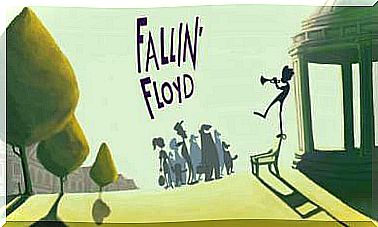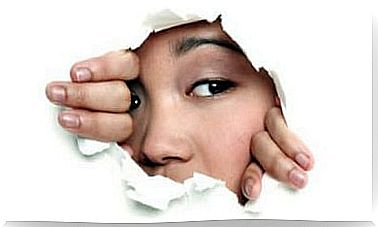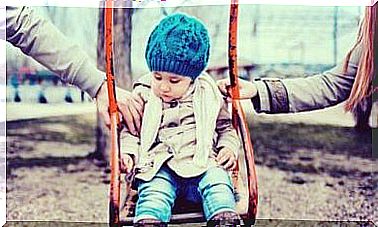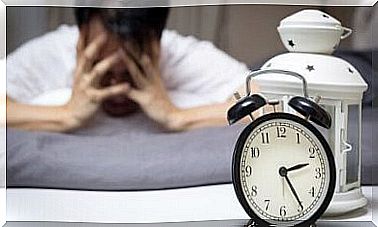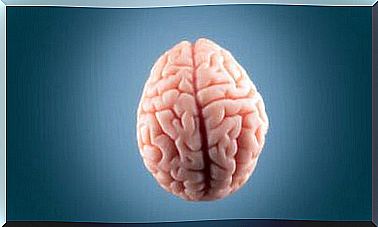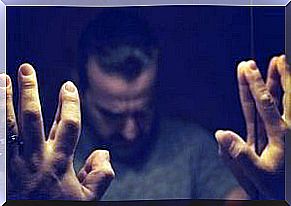Improve Self-esteem By Being Realistic

Improving self-esteem is one of the main goals of many therapeutic interventions – one of the basic elements to help us get on the right track. This is because high self-esteem strengthens our emotional immunity and maintains our capacity for resilience. One way to do this is by being realistic.
Getting better self-esteem requires, just like other psychological challenges, the use of different tools and strategies. This is because a declining self-esteem can have its roots in various factors. One of the most important is our attribution system and the level of influence we think we have over what happens to us.
When self-esteem is low , we usually think that what affects us is a consequence of personal factors, internal factors, that we can not change. We attribute to ourselves the “misfortune” that befell us. For example, what does a person who has his heart broken think? He thinks it was his own fault that the relationship ended.
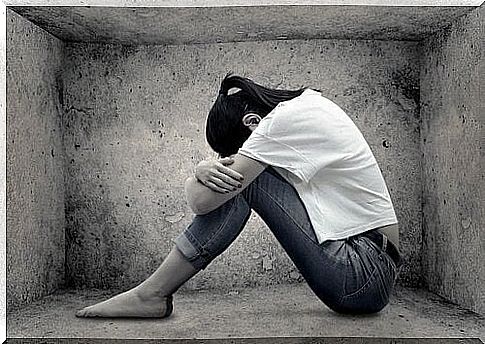
Therefore, negative thoughts begin to appear, such as “I am not good enough for her”, “I do not deserve her”, “Everything is my fault”. In reality, both parties share the responsibility when a relationship ends. Usually you can not blame just one person, even if both feel that way.
When a breakup occurs, it is therefore normal for feelings of guilt to appear. When they appear, high self-esteem will ease the burden and avoid a breakdown, which means that the person will be realistic with the causal attributions. The same thing happens with all situations in life.
And not only that, for the person also tends to make external attributions for the good things that afflict him. He may think he was promoted at work because the boss is kind, not because he is qualified. What happens next is that he is never happy with himself when he is rewarded or recognized.
So what can be done to change the causal attribution, be realistic and thus raise self-esteem? Let’s start by taking a step back and putting things in perspective. In this way, it becomes possible to do an external review; one that adjusts to reality and does not revolve around our mistakes.
It’s just like when we compare our lives with the people we see on social media: it does not work when the causal attribution becomes too optimistic, because in the end we have to see reality, which makes things worse.
This is why we should question the extent to which we have influence over what happens to us and what other elements may have influenced the result. We must learn to attribute to ourselves the good that happens if that is actually the case. You will be realistic, learn and improve your self-esteem.

We must also think about whether we can be attributed to the bad things and stop blaming ourselves for situations where our influence has been minimal or non-existent.
Furthermore, if we are primarily responsible for something bad, it will do us no good to punish ourselves after we have analyzed and learned from it. By learning from our mistakes, it will be more difficult to repeat them in the future, and we will avoid damaging our self-esteem.
If we follow these steps, we can continue to develop and improve. Being able to analyze ourselves in a realistic way will help us to have a better adjusted view of our strengths and weaknesses. This will improve our self-esteem and facilitate self-empowerment.
We will be able to choose better goals to invest our resources in.
